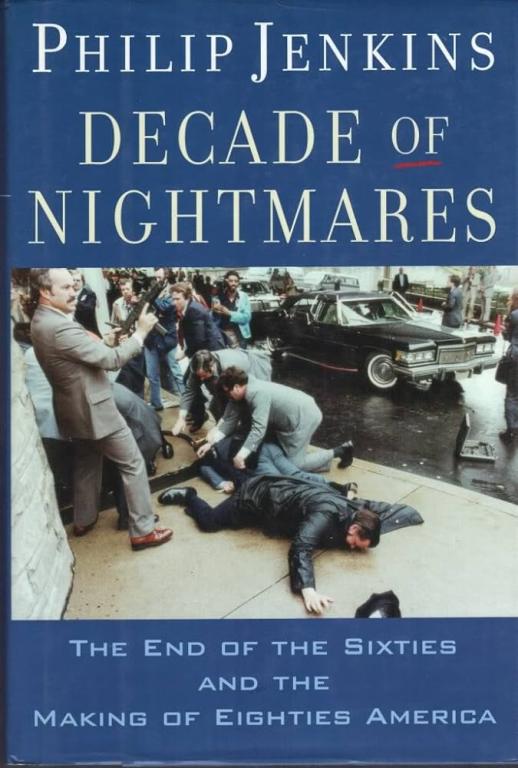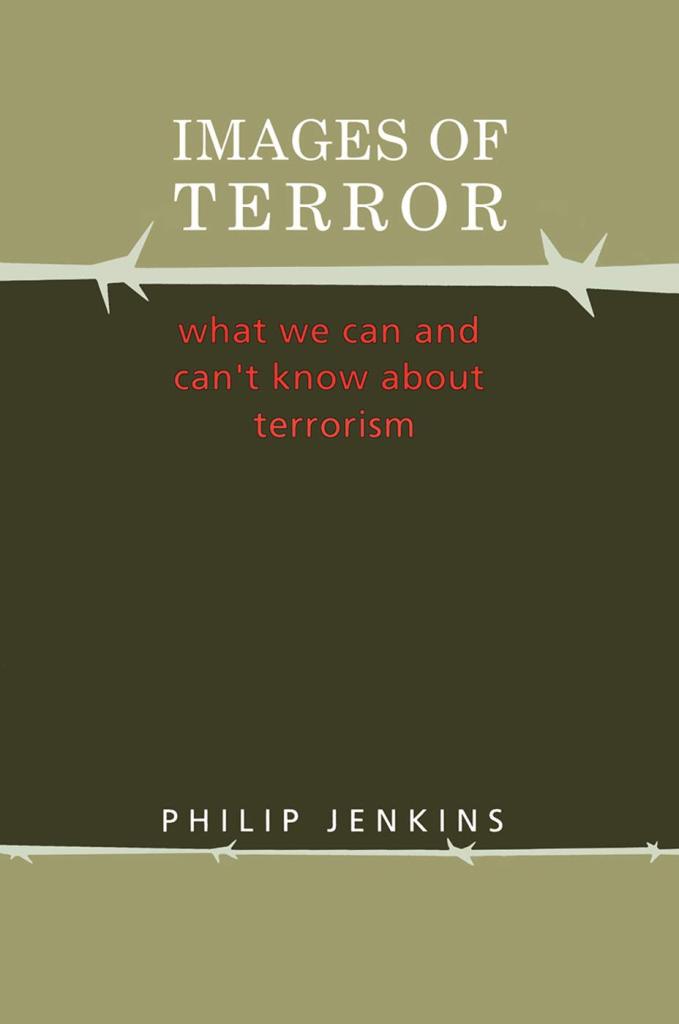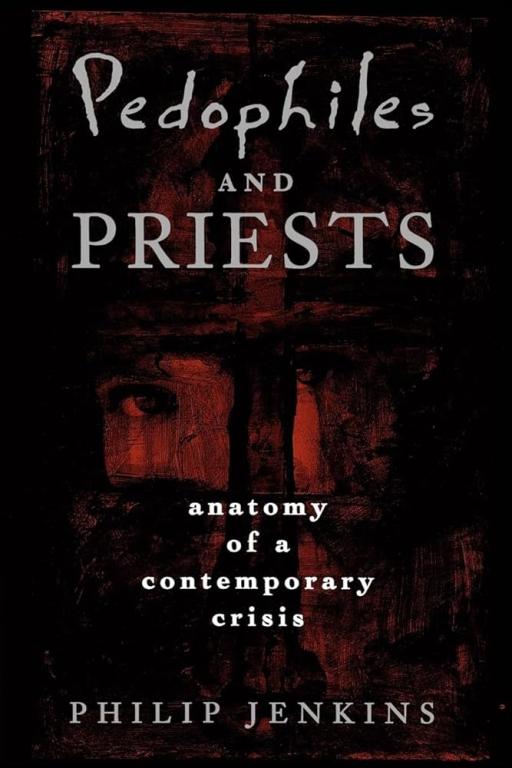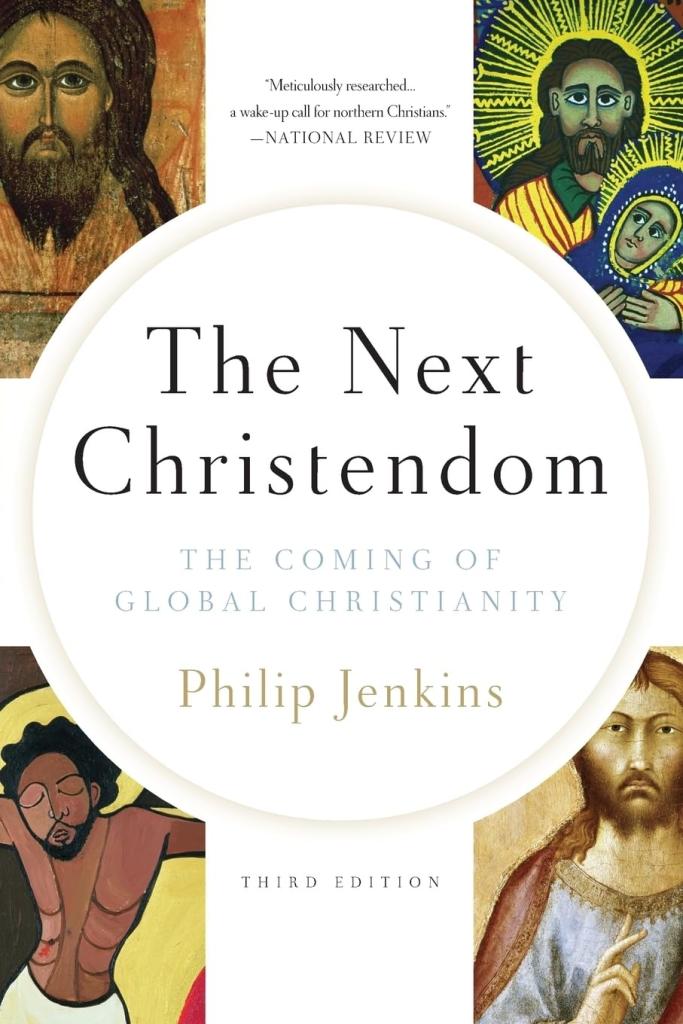The posts I am offering right now don’t exactly constitute “autobiography,” but think of them rather as auto-archaeology. As I have remarked, anyone looking at the quite numerous books I have published through the years might be truly puzzled without understanding the various phases of my career. I have written about the Christian History Sequence for which I am best known these days, but there was also a whole previous phase in which I studied Social Problems – if you like, social panics and nightmares. From the late-1980s through the early 2000s, my research interests covered such topics as serial murder, child abuse, drugs, terrorism, and pornography, and the common theme was that of public fear, with a heavy emphasis on child victims. Understand what a society is frightened of at any given time, and you will learn an awful lot about that society as a whole.
This Social Problem research did lead me to a whole “public intellectual” career, about which I had very mixed feelings. What that status means, roughly, is that you are not just commenting on public debates or responding to them: rather, you are participating, and shaping the debates. On a personal level, this means that media people pay attention to your work. Your books don’t just get reviewed in academic journals that virtually nobody reads, but in mainstream outlets, and in visible places like the New York Times or Los Angeles Times, the New Republic or National Review. Beyond that, such outlets write about you as a scholar or a person, rather than just reacting to any particular book. I had a lot of features and interviews published about me in those years. There was even a big 1996 feature about me and my work on “panics” in Men’s Health of all places (don’t laugh, it could happen).
It also means that you get invited to write for those same high profile magazines and newspapers, which really gets your message out to a mass public that would never open a scholarly journal. That can pay decently. Writing for popular outlets such as magazines also vastly improves your writing generally, and makes it much easier to communicate with general audiences, so it’s an all-round career plus.
You get a lot of requests to do interviews on TV, radio, podcasts, or in more substantial documentary films, and that can be a real drain on time and effort. If you are not careful, you end up as a perpetual talking head expert. I admit that I have done quite a bit of that in my time, but if I had accepted every invitation, I would have been out there twenty times more often. Only a thin line separates “public intellectual” from “media whore.” Gradually you learn who the good people in media are, the responsible and knowledgeable ones that you enjoy chatting with, and you always return their calls, while largely ignoring the rest. All the attention is flattering in a way, and it can be good for selling books: it is always nice to have people take you seriously. At the same time, you really wonder if this kind of public outreach is a useful or profitable way of spending your time. It gets old fast.
Over the past couple of decades, as I say, I have been in the media quite a bit, usually on issues of Global Christianity, but there was a whole previous back-story there arising from my Social Problems work. I will concentrate on that prehistory here.
During these years, I had a lot of public visibility in the field of terrorism. If I was not actually the first person publishing on lone wolf terrorism, I was an early entrant in the field. My stuff on false flag terrorism from the late 1980s onward still gets cited quite a bit. When the Oklahoma City bombing occurred in 1995, I was one of a tiny group of experts who had actually written on potentially relevant themes, and I was suddenly in intense media demand. At one point on the evening of the attack, I had journalists from (I think) six major media outlets waiting on hold while I did interviews with the guy at the front of the line. Adding to my media popularity, I was one of the very few non-terrorists (or non-militia members) actually to own a copy of the Turner Diaries, which had supplied the blueprint for the attack, and I had published on it.
That public interest carried on into the new century, when my work on Islam and terrorism earned me my second visit to the George W. Bush White House. It also took me to a breakfast meeting in Downing Street.
I got into those themes a lot in teaching. One of the main courses I was teaching regularly then was The Politics of Terrorism, and we did it at a pretty high level. In my 1996 offering, one of the whole-class projects required students to imagine the destruction of the World Trade Center by Middle Eastern terrorists, and then sketching the political, economic, social, and cultural consequences. However, my then dean took me out of the course after that point because it was clearly irrelevant to any practical needs that my students (in criminal justice and political science) might ever encounter, and worse, I was not getting the class deeply enough into quantitative methods. But do I hold a grudge?
I also spent an odd and sometimes unnerving few years as a media go-to guy on serial murder, and oh my, that led to some weird and wonderful contacts and exchanges with both law enforcement people and offenders alike. Through those years, I went back and fore as to which bunch was the scarier. My relationship with the FBI in particular on these matters was, um, complex. By no means was it all adversarial, but it was definitely complex, and prickly. In fairness, it was neither an FBI agent nor a serial killer who threatened to shoot me if I turned up at a particular panel on that topic: it was a fellow academic. I did turn up, he did not shoot me, and we ended up agreeing on a surprising number of disputed points. Strange times…
By the early 1990s, I was getting weary of all the media activity involving serial murder, so I made a deliberate decision to shift my professional emphasis to another unrelated theme in which I had a long standing interest, but which had rather dropped from its prominent role in academic research. Looking for a nice quiet backwater, something that no journalist would care about, I accordingly turned my professional attention to studying cults. As it happened, that was a few months before the Branch Davidian siege at Waco, so that once again, I quite unintentionally found myself working on a topic of obsessive interest to media. Good timing there.
I offered Congressional testimony on related topics. In 2000 I testified on Ecstasy (the drug, not the spiritual state), and then on internet child pornography in 2006. The first of those events was, well, interesting. Among other impressions, it left me with great and lasting respect for the Congressional Black Caucus, who were responsible for inviting me. They were desperately fighting to prevent the Drug War from metastasizing and spreading even further than it had, and they needed someone to testify concerning the panic nature of drug responses (and as the staffers freely told me, they needed a white face to say all this). As it turned out, I was in a minority of one among the witnesses, as everyone else was either a narcotics cop or from the anti-drug bureaucracy, and of course I was the only one critiquing the Drug War. Suddenly, I had a strong fellow feeling with General Custer. But the main point was to get the testimony on the Congressional record, and that is what we did.
Maybe one day I will write more on some other aspects of those hearings. Here, I will just mention the life-size Big Bird that the DEA representatives had brought to the event, and leave it at that. Did I mention these were strange times?
And all that was quite separate from my other totally uncontroversial work of no interest at all to the media, like my 1996 book Pedophiles and Priests. Yes, I am kidding.
Now roll the film forward to the years 2001-2002. You can imagine how many media requests I was getting in the aftermath of the September 11 attacks, followed quite closely by the renewed surge of interest in clergy sex abuse, which grew out of investigations of the Boston archdiocese. Terrorism and clergy sex abuse? Welcome to my world. Once again, I regularly had multiple media outlets stacked up on hold.
I was getting tired of all the media exposure and the “public intellectual” role. Again, I tried seriously to get away from issues of high media interest, but again the Jenkins Curse kicked in. (See above for my way-too-timely shift to studying cults in the early 1990s). I duly wrote The Next Christendom, which concerned the future of global religion, the rise of Global Christianity, the increasingly central role of religion in political affairs, and the likely clashes between Christianity and Islam. Nothing that anyone cared about particularly, right? I returned my final proofs for that book to the press on September 10, 2001. That’s right, the 10th. What could go wrong?
Inevitably then, when that book actually did appear in 2002, followed shortly by an Atlantic cover story on the same topics, I found myself facing a whole new wave of totally fresh media interest in that material, although the journalists interviewing me had no idea of my previous career in that Social Problems area. They tended to assume that as a scholar of Christianity I must be (almost literally) a cloistered unworldly academic, and a few began by asking whether they should address me as “Reverend” or “Father.” They also asked if I had ever done any media interviews before. Why yes, I said. Yes, I had.
To shift the metaphor somewhat from the “cloister”: this really was not my first rodeo.

















